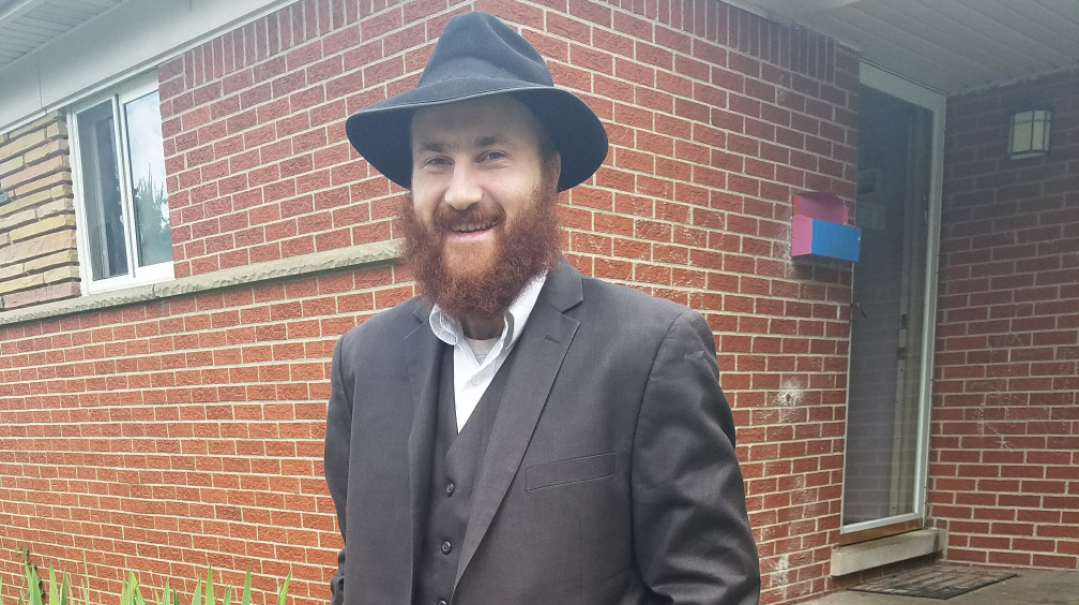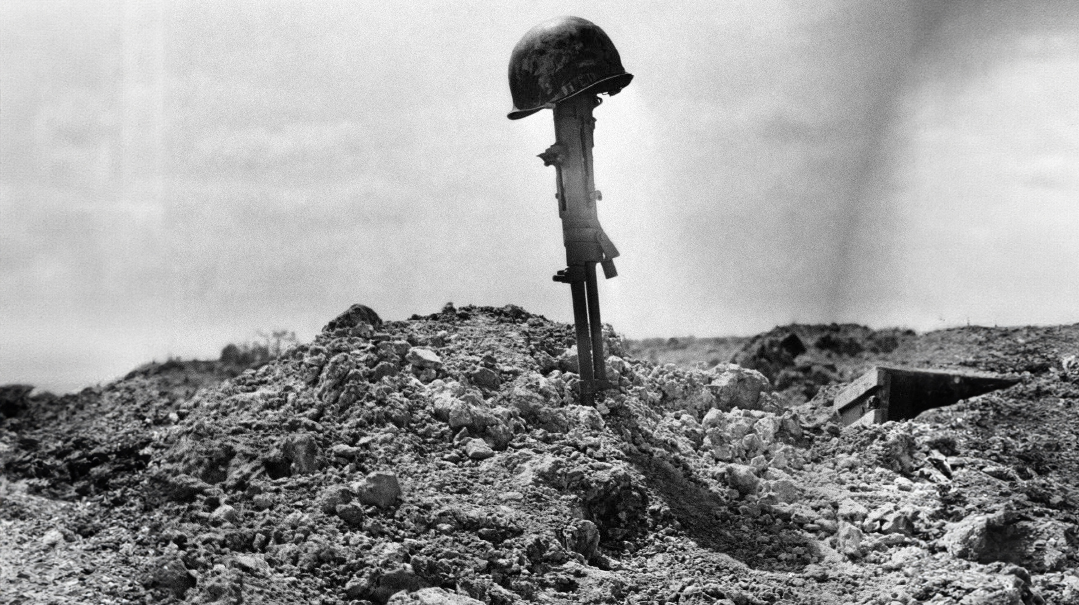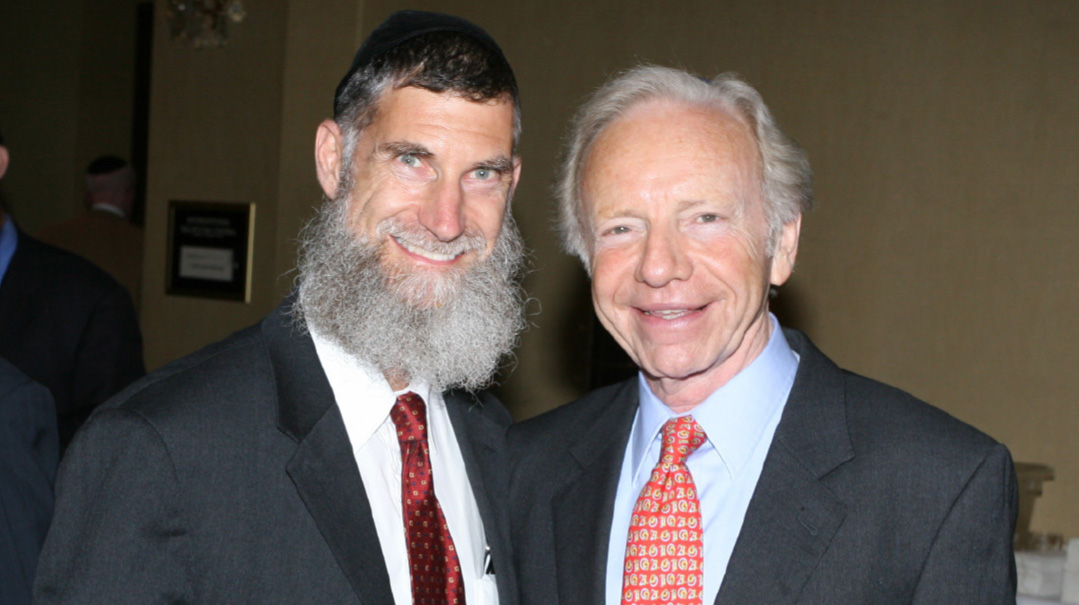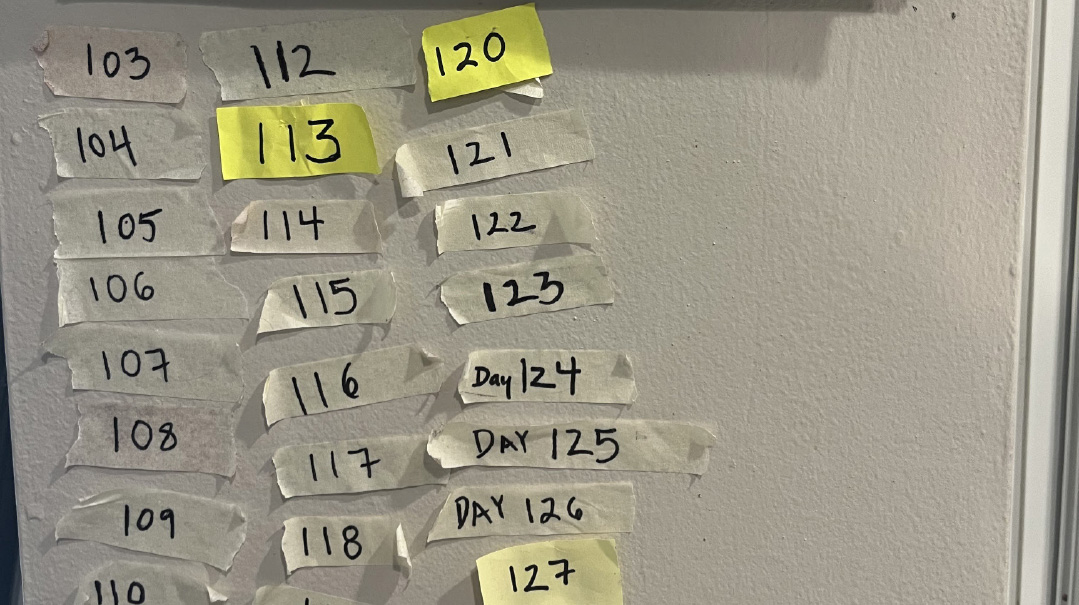A Moment of Silence
| April 30, 2024Those few words spoke volumes, not only about Rav Dessler, but also about Rav Moshe

Although I was never zocheh to learn under Rosh yeshivah Rav Moshe Shapira ztz”l, what he taught me in one moment of silence made me his talmid for life.
We had the privilege of hosting Rav Shapira at our shul in suburban Atlanta before Shavuos 11 years ago. He came at the invitation of an honored member of our kehillah, an accomplished talmid chacham who began his Torah journey in the Moscow yeshivah where, for a time, Rav Shapira spent Pesach and gave shiurim.
This man had completed both Talmud Bavli and Talmud Yerushalmi, and wrote a sefer analyzing the differences between the two. We scheduled a gala event to celebrate the double siyum and the publication of the sefer, and Rav Moshe Shapira agreed to attend, showing great kavod for his talmid.
Rav Moshe’s visit to Atlanta caused a sensation, and the siyum was packed. As rav of the shul, I had the singular honor of presenting Rav Moshe to the audience. Rav Moshe gave a stunning derashah contrasting the way Bavli cites a proof — using the words ta shma, “come and hear” — with the way Yerushalmi does it, using ta chazi, “come and see.” The entire day was a highlight of my career.
The next morning, I was honored to bring Rav Moshe on a tour of local mosdos. Having Rav Moshe and his entourage in my car for the 25-minute drive was momentous; I had thought long and hard about how to begin the conversation. Knowing that he had lived with Rav Eliyahu Dessler as a youth, I asked, “Could the Rav tell us what type of person Rav Dessler was?”
I couldn’t wait for Rav Moshe to regale us with stories or profound insights. Instead, my question was met with stern silence – and after a moment, I became uncomfortable.
I cast a bewildered glance at the backseat to see if anyone else understood what was going on. Had I committed a faux pas?
My passengers shrugged. Perhaps Rav Moshe had not heard me clearly.
Summoning my courage, I repeated, “Could the Rav share with us something about Rav Dessler?”
“I’m thinking,” Rav Moshe replied sharply.
I was stunned.
He’s thinking? Has Rav Moshe never thought about this towering figure in whose home he lived — what’s there to think about? It’s a car ride, not a shiur.
After a few long minutes, Rav Moshe finally said, “Everything Rav Dessler did was a decision — calculated and premeditated.”
Boom.
Those few words spoke volumes, not only about Rav Dessler, but also about Rav Moshe. An eved Hashem doesn’t open his mouth without first deciding what he will say. Even when responding to an icebreaker question during a car ride.
In a world where bits and bytes travel in nanoseconds, some people react to events, others react to the reactions. Everyone has something to say; no one wants to look stupid — but all this noise is literally worthless. By stopping to think about my question, Rav Moshe not only showed his esteem for me, but he also revealed the value he placed on his own words.
Over the years, I have applied Rav Moshe’s lesson many times. I have learned that the best response to many questions is, “I need to think about that.” And then I really do need to think about it.
To say, “I’m thinking about what you said,” conveys my respect for you, for myself, and most importantly, for the Torah to which your question is directed.
That’s what my rebbi taught me in a moment of silence.
Rabbi Binyomin Friedman is a founder and current chaver of the Atlanta Scholars Kollel. He has been the rav of Congregation Ariel in Dunwoody, Georgia, for nearly 30 years.
(Originally featured in Mishpacha, Issue 1009)
Oops! We could not locate your form.







